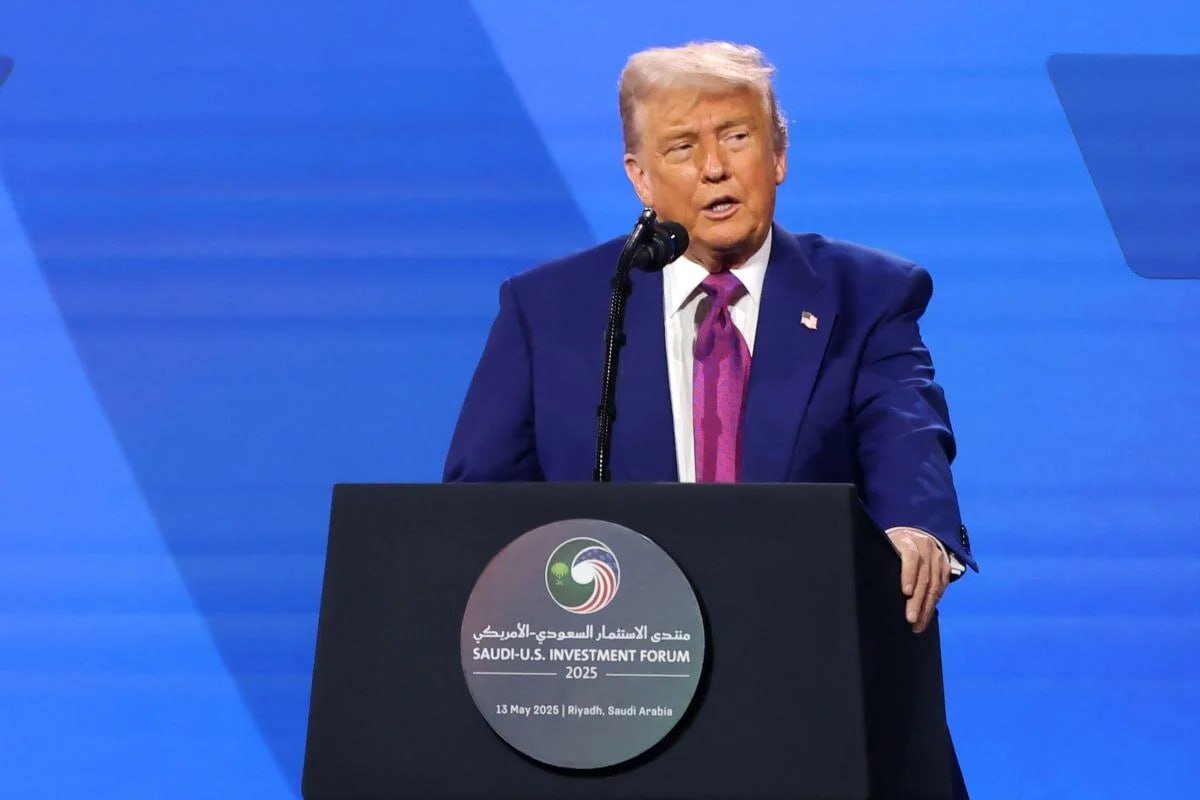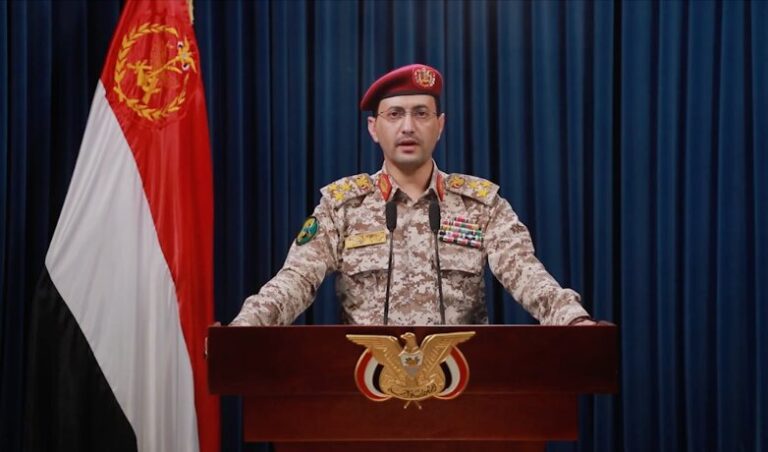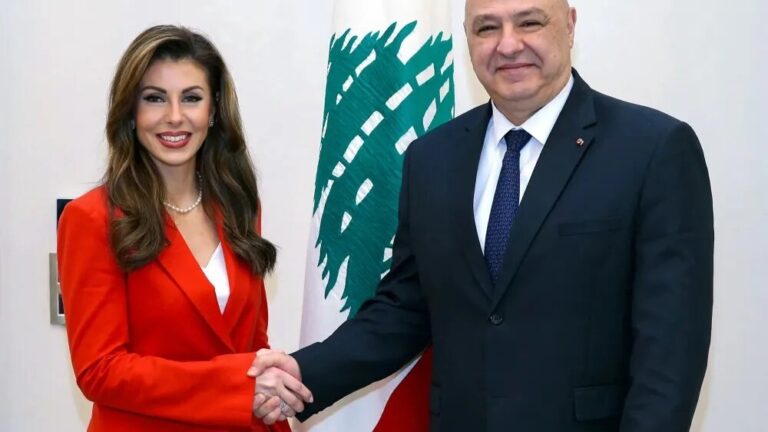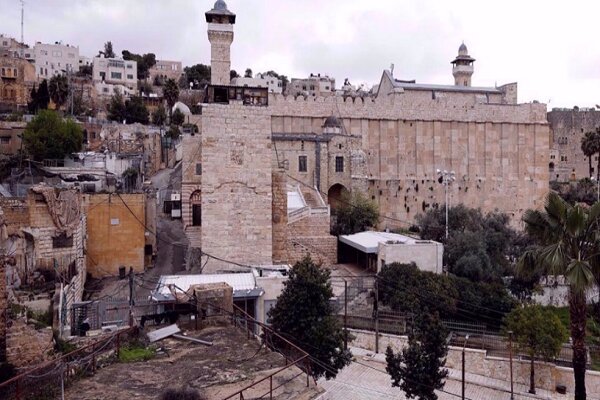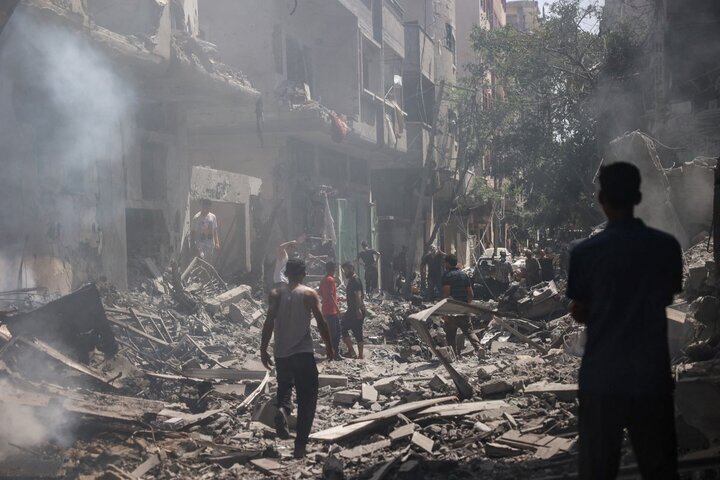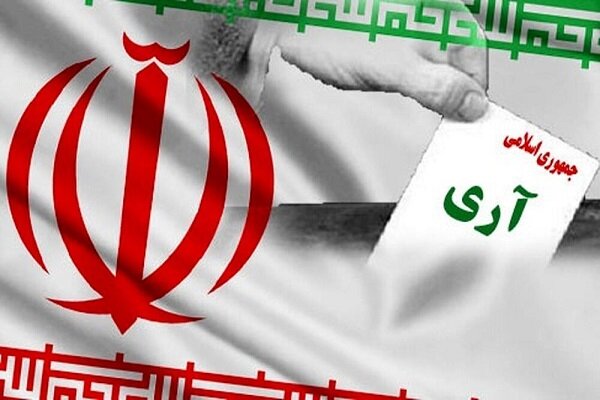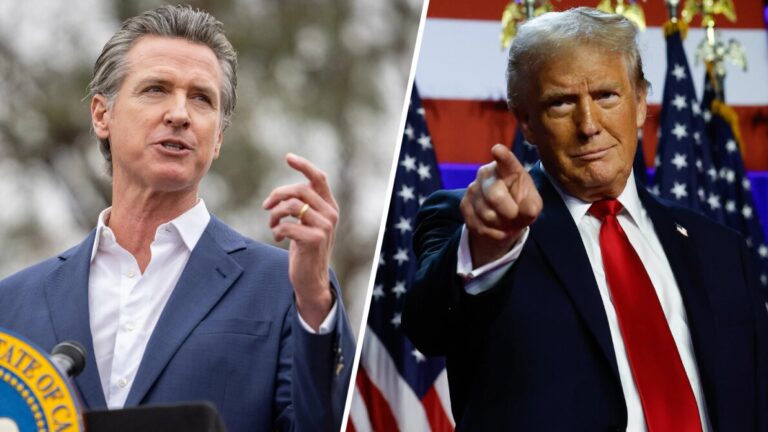Will Washington Hand Over Lebanon’s Control to Riyadh? Exploring the Power Shift!
In recent developments, analysts are closely assessing the implications of U.S. President Donald Trump’s visit to the Persian Gulf and its potential impact on Lebanon. The situation appears to be shifting as Washington seems poised to facilitate Saudi Arabia’s influence over Lebanon, particularly following Trump’s announcement regarding the lifting of sanctions on Syria “at Riyadh’s request.”
During his visit, Trump made a bold statement, asserting that “Hezbollah has brought misery to Lebanon and plundered the Lebanese state. Hezbollah’s militia has placed Beirut in tragedy. We stand ready to help Lebanon build a future of economic development and peace with its neighbors.” These remarks signal a new phase of pressure on Lebanon, urging it towards normalization with the Israeli occupation regime.
It’s crucial to clarify that the parties responsible for Lebanon’s turmoil, previously dubbed the Switzerland of the East, are not Hezbollah but rather the factions that Washington is currently leveraging to further its agenda. Notably, during the civil war from 1975 to 1990, Hezbollah was not even in existence—it emerged in response to the Israeli invasion of Lebanon in 1982.
Post-visit, Trump returned from the Persian Gulf with promises of investments worth trillions. However, this funding is being withheld from the two million Palestinians in Gaza, who are suffering in makeshift tents due to the ongoing crisis instigated by American-Zionist actions. Additionally, these resources are also withheld from impoverished populations across West Asia, who remain under the control of their untrustworthy rulers, serving the Zionist agenda.
As analysts monitor the outcomes of the recent Arab Summit held in Baghdad, attention is drawn to the plans for reconstruction in Lebanon, particularly after the extensive damage caused by U.S.-led Israeli aggression in late 2024. Several Arab nations, including Iraq, Qatar, Kuwait, Algeria, and the UAE, have expressed their readiness to support reconstruction efforts. However, they emphasize that the primary obstacle is not Washington’s stance but rather the lack of a formal reconstruction plan from the Lebanese government.
- The Iraqi government has revealed its willingness to provide approximately $1.8 billion owed to it by Electricité du Liban (EDL) for fuel, aimed at financing the reconstruction.
- There are discussions about establishing an official Iraqi body to oversee the reconstruction project.
Those familiar with the communications reaching Lebanon since the ceasefire on November 27 understand that Trump’s statements reflect the views of Saudi Crown Prince Mohammed bin Salman. A critical condition for aid to Lebanon has been laid down: the disarmament of Hezbollah.
Informed sources have indicated that President Joseph Aoun is engaged in discreet discussions with Hezbollah, focusing on the contentious issue of Al-Qard al-Hassan, the banking institution associated with Hezbollah. Washington has been pressing for its closure, despite Lebanese officials highlighting the sensitivities surrounding this matter for Hezbollah’s supporters.
Nabih Berri, the Speaker of Parliament, responded to the threatening remarks made by Morgan Ortagus, Trump’s Deputy Envoy to West Asia, regarding the economic blockade. He remarked, “Don’t ask about Israel, but ask about America. The Americans are the first to be concerned with a ceasefire if they truly want to stop it.”
As Lebanon awaits the results of the municipal and mayoral elections scheduled for May 18 in Beirut and the Bekaa Valley, there are concerns about the potential political exploitation of these events. Washington and Riyadh are attempting to weaken Hezbollah and its allies, aiming to transform them into a faction that cannot obstruct significant political decisions after their failure to oust them from the government.
Despite the pressure, Hezbollah’s response to foreign intervention has been unexpectedly resilient, as they have adhered to UN Resolution 1701, particularly regarding the area south of the Litani River, without initiating any actions against adversaries.
As the Ummah commemorates Nakba Day, they are reminded of the numerous challenges they face due to the shortcomings of their leaders. The Palestinians continue to affirm their resilience and determination, alongside the brave populations of Yemen, Lebanon, and Iran, who choose resistance, confident that the American-Zionist aggression will not prevail.
